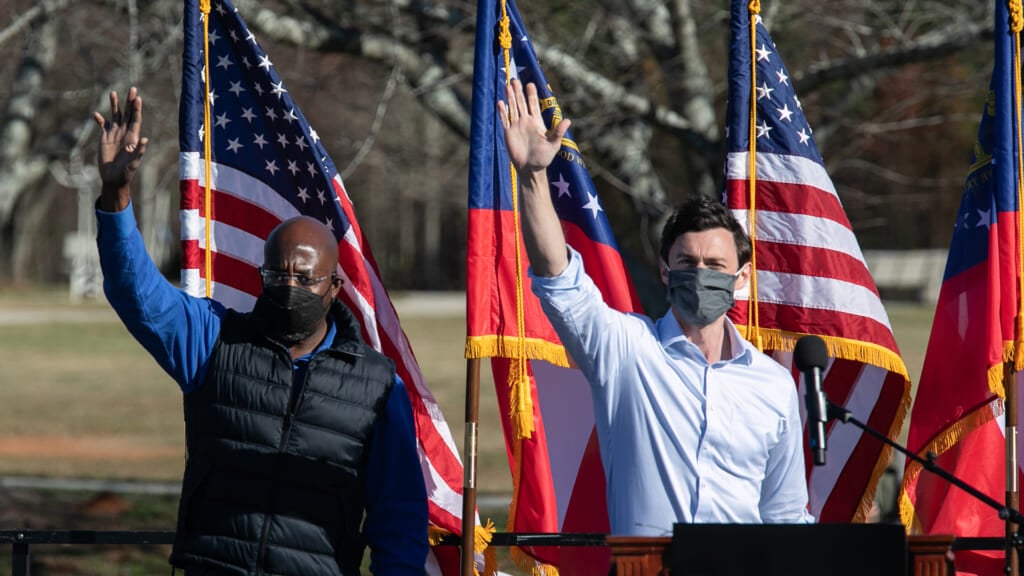

5 Whatever settlers may say-and they generally have a lot to say-the primary motive for elimination is not race (or religion, ethnicity, grade of civilization, etc.) but access to territory. As Deborah Bird Rose has pointed out, to get in the way of settler colonization, all the native has to do is stay at home. 4 So far as Indigenous people are concerned, where they are is who they are, and not only by their own reckoning. Roger Smith has missed this point in seeking to distinguish between victims murdered for where they are and victims murdered for who they are. Correspondingly, Indigenous North Americans were not killed, driven away, romanticized, assimilated, fenced in, bred White, and otherwise eliminated as the original owners of the land but as Indians. 3 Black people were racialized as slaves slavery constituted their blackness. Thus we cannot simply say that settler colonialism or genocide have been targeted at particular races, since a race cannot be taken as given. In this way, the restrictive racial classification of Indians straightforwardly furthered the logic of elimination. As opposed to enslaved people, whose reproduction augmented their owners' wealth, Indigenous people obstructed settlers' access to land, so their increase was counterproductive. For Indians, in stark contrast, non-Indian ancestry compromised their indigeneity, producing “half-breeds,” a regime that persists in the form of blood quantum regulations. In the wake of slavery, this taxonomy became fully racialized in the “one-drop rule,” whereby any amount of African ancestry, no matter how remote, and regardless of phenotypical appearance, makes a person Black. Black people's enslavement produced an inclusive taxonomy that automatically enslaved the offspring of a slave and any other parent. For instance, Indians and Black people in the US have been racialized in opposing ways that reflect their antithetical roles in the formation of US society. As I have argued, different racial regimes encode and reproduce the unequal relationships into which Europeans coerced the populations concerned. 2 But the mere fact that race is a social construct does not of itself tell us very much.

European xenophobic traditions such as anti-Semitism, Islamophobia, or Negrophobia are considerably older than race, which, as many have shown, became discursively consolidated fairly late in the eighteenth century. Settler colonialism is inherently eliminatory but not invariably genocidal.Īs practised by Europeans, both genocide and settler colonialism have typically employed the organizing grammar of race. 1 I contend that, though the two have converged-which is to say, the settler-colonial logic of elimination has manifested as genocidal-they should be distinguished. In this article, I shall begin to explore, in comparative fashion, the relationship between genocide and the settler-colonial tendency that I term the logic of elimination. The best known of all genocides was internal to Europe, while genocides that have been perpetrated in, for example, Armenia, Cambodia, Rwanda or (one fears) Darfur do not seem to be assignable to settler colonialism. Moreover, there can be genocide in the absence of settler colonialism. Native Title in Australia or Indian sovereignty in the US may have deleterious features, but these are hardly equivalent to the impact of frontier homicide. Even in sites of wholesale expropriation such as Australia or North America, settler colonialism's genocidal outcomes have not manifested evenly across time or space. In some settler-colonial sites (one thinks, for instance, of Fiji), native society was able to accommodate-though hardly unscathed-the invaders and the transformative socioeconomic system that they introduced. Yet this is not to say that settler colonialism is simply a form of genocide. Thus contests for land can be-indeed, often are-contests for life. Land is life-or, at least, land is necessary for life. The question of genocide is never far from discussions of settler colonialism.


 0 kommentar(er)
0 kommentar(er)
